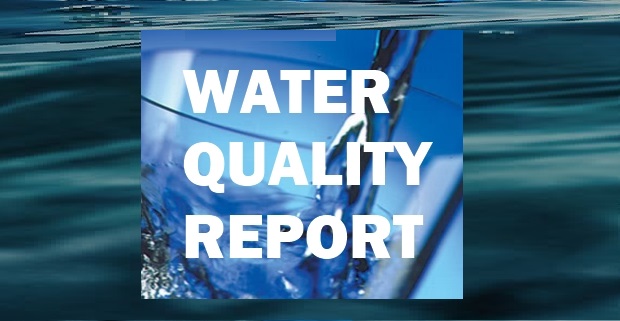How to Find and Check Your Water Quality Report
Posted by Alkaline Water Plus on 18th Apr 2014
Water Ionizer Owners: How to Find and Check Your Water Quality Report
Who Should Check Their Water Quality Report? You should if you want to make sure your ionized water is the best [for you] that it can be.
Why Should you Look at Your Water Quality Report?
Most water companies treat the water [of course] and it’s handy to know what they’re treating it with. If they’re using chlorine, then that’s easy to filter out with a regular water ionizer carbon-block filter [nothing special needed]. If your water has been treated with chloramine [chlorine + amonia] that’s considerably harder to filter out of your water. Chloramine treated water needs to be run slowly through a few different filters to be completely removed. You may want to install a prefilter under your sink with one to three housings to hold the KDF filter [which is known to reduce chloramines] and Granulated Active Carbon [GAC] filter [which contains Catalytic Carbon, and that is also known to reduce the chloramines]. Chloramine usually requires more [longer/slower] filtration to get it out, so an extra KDF/GAC filter would be good even if your water ionizer filters have KDF and GAC filter media in them.
Your municipality may also add fluoride to your water, and this could be something you want to filter out as well. Fluoride has been linked to learning disabilities and Alzheimer’s; it’s a poison with repercussions similar to lead; and it’s going to do just as much preventative good if topically applied via your toothpaste. Fluoride requires a specialized filter, called an “Activated Alumina” filter. The reason for this is that fluoride is much too small to actually filter out, so it must be tricked into chemically bonding with the Alumina and then it gets trapped right there [in the filter].
Understanding Your Water Quality Report
People’s water can have many things in it that are undesirable and need to be filtered out: lead, copper, arsenic, barium, Antimony, Atrazine, radium, nitrates, nitrite, picloram, selenium and total organic carbon. Also bacteria can be in your water in small quantities, and if so it must be reported. There are byproducts of disinfecting your water, such as trihalomethanes and Halo-acetic Acids, which are potential carcinogens if in too much quantity, so are also required to be reported. The above contaminants are all regulated by the government and must be reported in a yearly water quality report. There are other contaminants, called secondary contaminants, which aren’t regulated by the government. Your water company will usually report on some other contaminants like this, but they’re not required to.
Here are some terms you’ll need to become familiar with in order to understand the typical water quality report:
- MCL: Maximum contaminant level allowed [reported in parts per million [ppm]
- MCLG: Maximum contaminant level goal [this is a long-term goal for municipalities to shoot for].
- Results: This is the tested water results — which should be lower than the MCL in order to be in compliance with federal regulations.
Finding Your Water Quality Report
It’s very easy these days to find your water quality report. Usually all you need to do is go to your water company’s website and look for their water quality information. You could also type in your zip code, water company or municipality and the following quote into your browser: “water quality report”. This should bring to the top of the results the most likely websites. Look for a pdf. The actual water quality report will usually be a pdf. Here’s an example: I typed in “Missouri American Water” [my water company] and found their website http://www.amwater.com . Then I looked for their water quality tab, which was easy to find. Then I typed my zipcode into their search-box and got this link, which is my water quality report for my location
https://www.amwater.com/MOAW/resources/pdf/ccr/StL...
Would you like help finding your water quality report?
If you need some assistance with finding your water quality report, you can send me an email request. Please give me your water company’s name [if you know it], your zip code, town, and state…and I’ll find it for you and send you the link.



